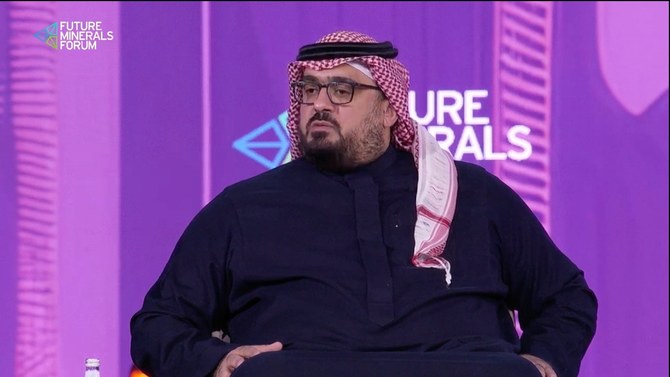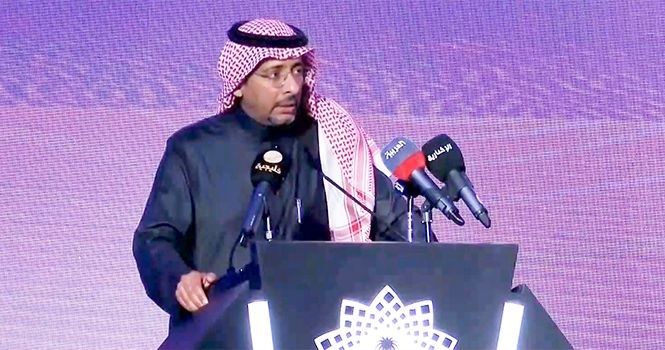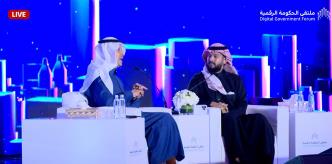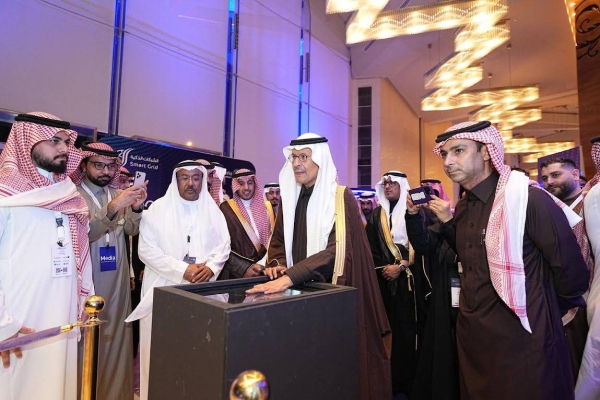
RIYADH: Saudi Arabia presents investors with enhanced clarity, reduced risks, and lucrative opportunities, shaping a dynamic investment landscape in the Kingdom, according to a senior minister.
Speaking in a panel discussion at the Future Minerals Forum, Saudi Minister of Economy and Planning Faisal Al-Ibrahim emphasized that the Kingdom aims to derive 50 percent of its energy utility demand from renewable sources by 2030.
This strategic shift aligns with environmental objectives, signaling the country’s commitment to sustainable energy practices and resonating positively with investors.
Al-Ibrahim said: “This is the time to try to think sustainably and environmentally without affecting certain local communities.”
He added, “We want, in 2030, 50 percent of our energy utility demand to come from renewables. On top of that, we have local industries such as electric vehicles. We went from nothing, from no vehicles before Vision 2030, to 500,000 vehicle capacity by 2030 annually, mostly in EVs. So that tells you that the momentum is huge.”
Furthermore, Al-Ibrahim underlined that, in addition to prioritizing local demand, there is recognition of the need to diversify the economy.
He emphasized that attracting people to Saudi Arabia is crucial as it will help the Kingdom develop more sophisticated products relying on minerals and advanced technologies.
“We need to keep in mind, first of all, the global context. The Kingdom today is a bigger player in many fields. It’s a more integrated global economy and is contributing positively to solutions that will help alleviate some of these challenges we will face globally,” the minister added.
Furthermore, he underscored the global significance of Saudi Arabia in various sectors, highlighting its increased role in an integrated global economy. He noted that the Kingdom is actively contributing to solutions for global challenges.
Al-Ibrahim mentioned that the global context poses challenges, particularly in the surge of demand expected in the next 16 years. He highlighted the anticipation of more than doubled demand for critical minerals, rare earth minerals, or elements essential for the energy transition process.
“On top of that, we have, over the next 10, 20, or 30 years, until 2050, the extracted minerals that are required will need to grow fivefold. That’s another 3 billion tons of cobalt, nickel, lithium, and other critical elements and rare earth elements as well,” he concluded.









